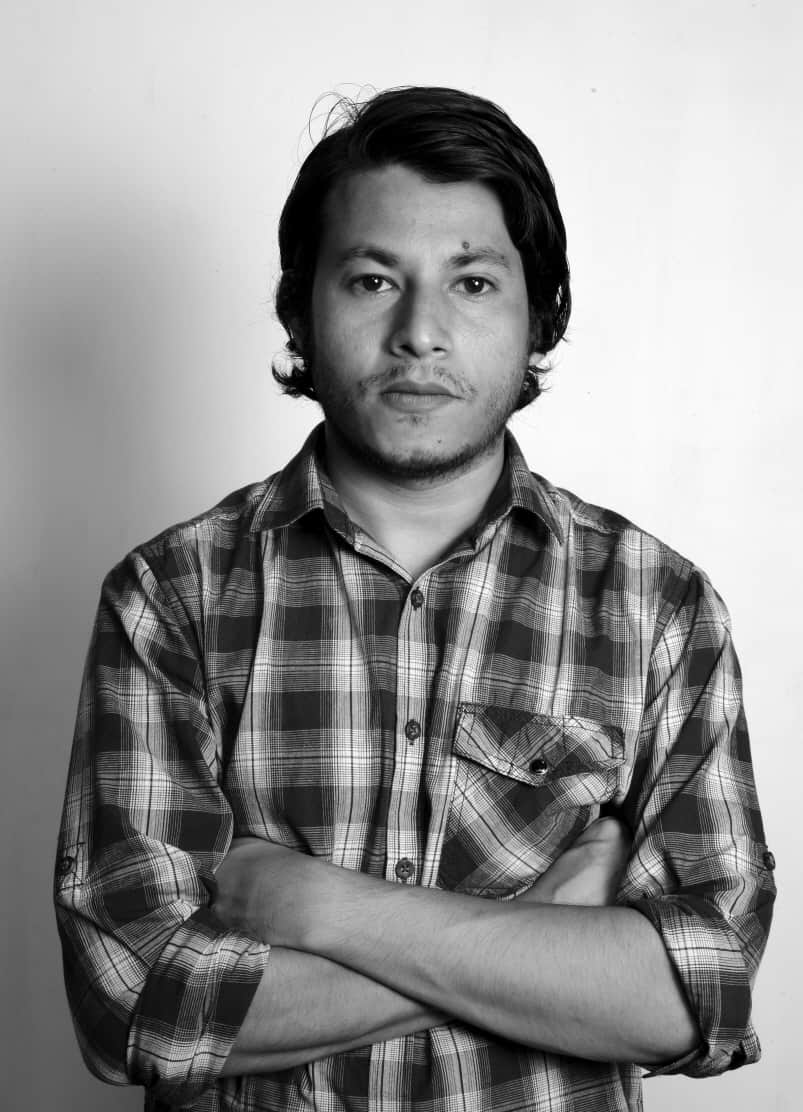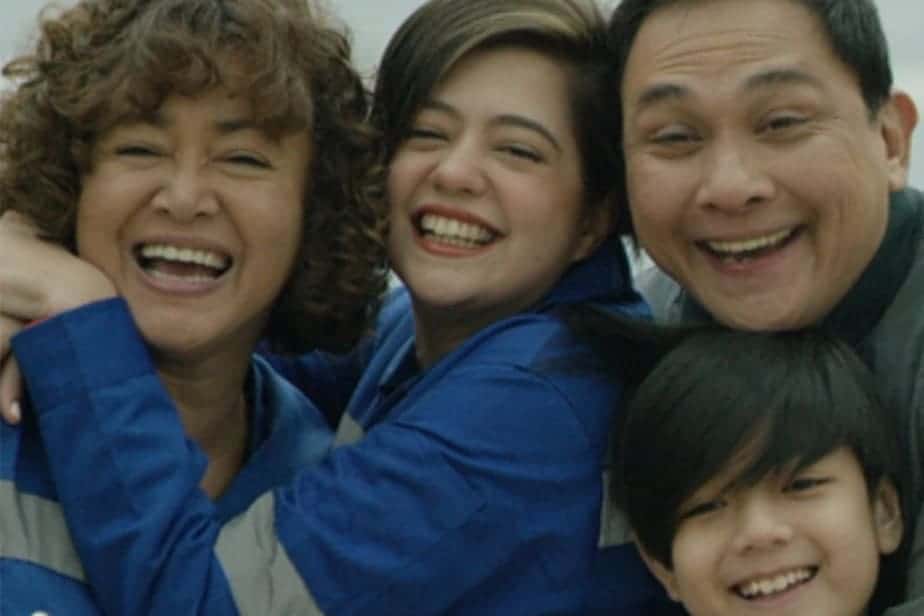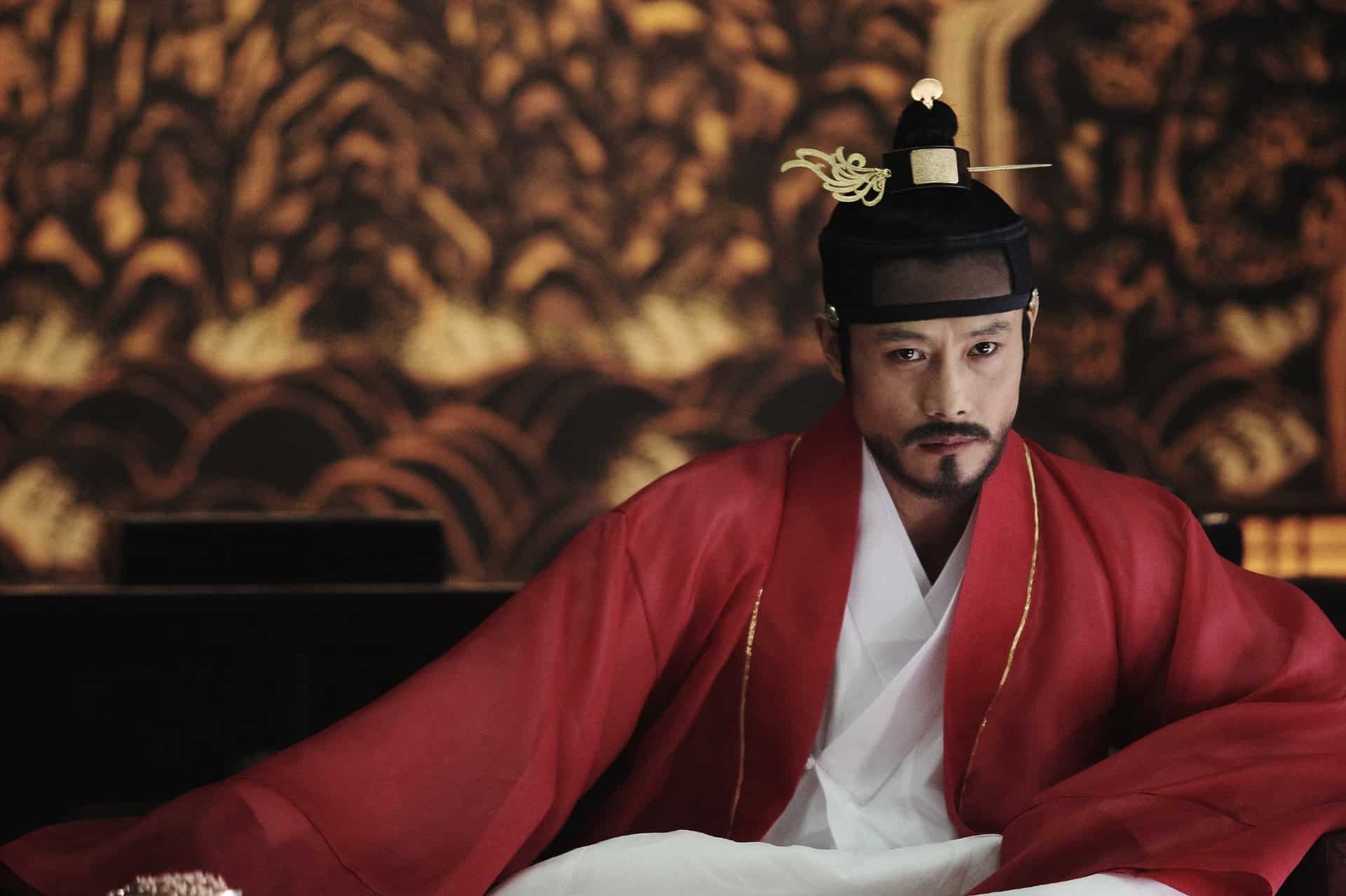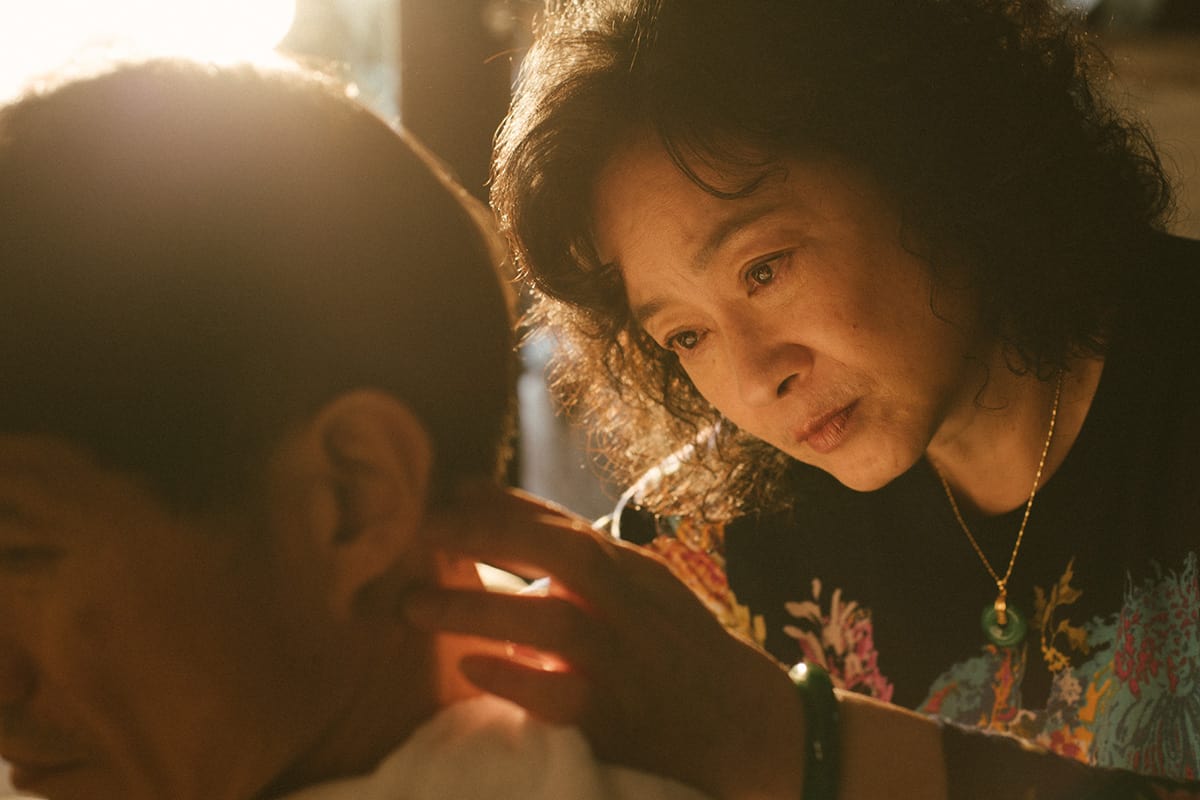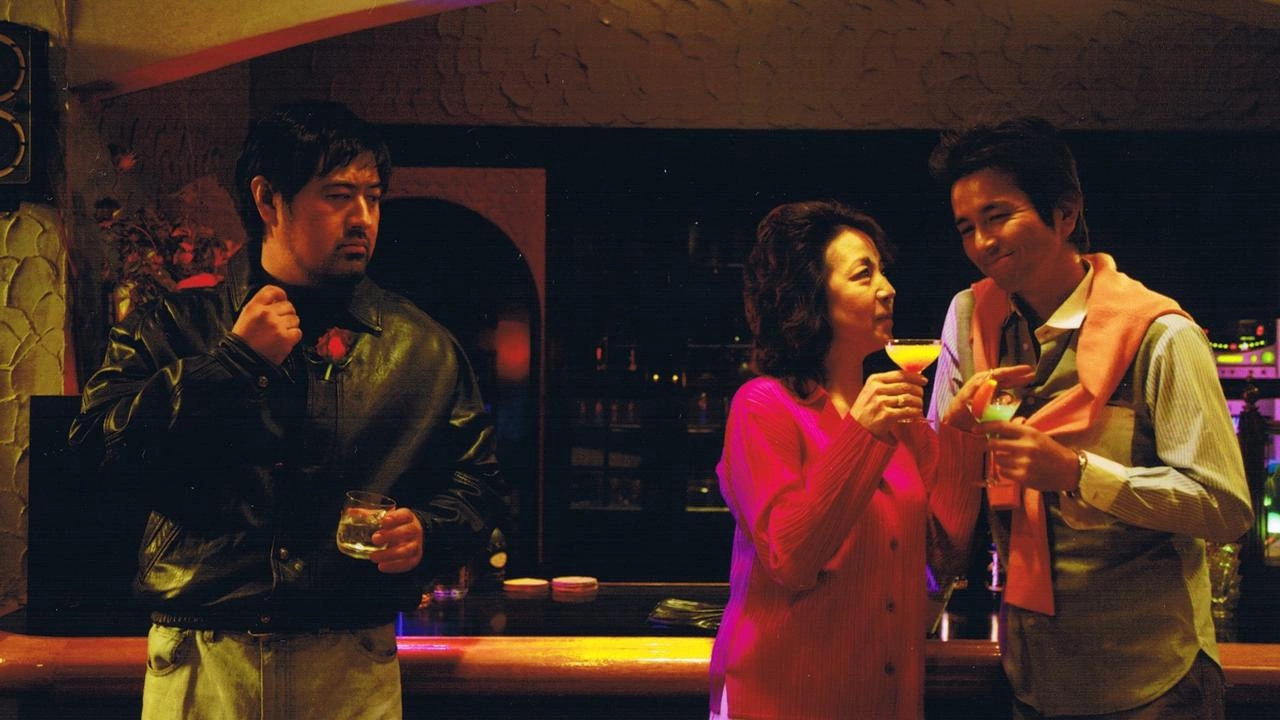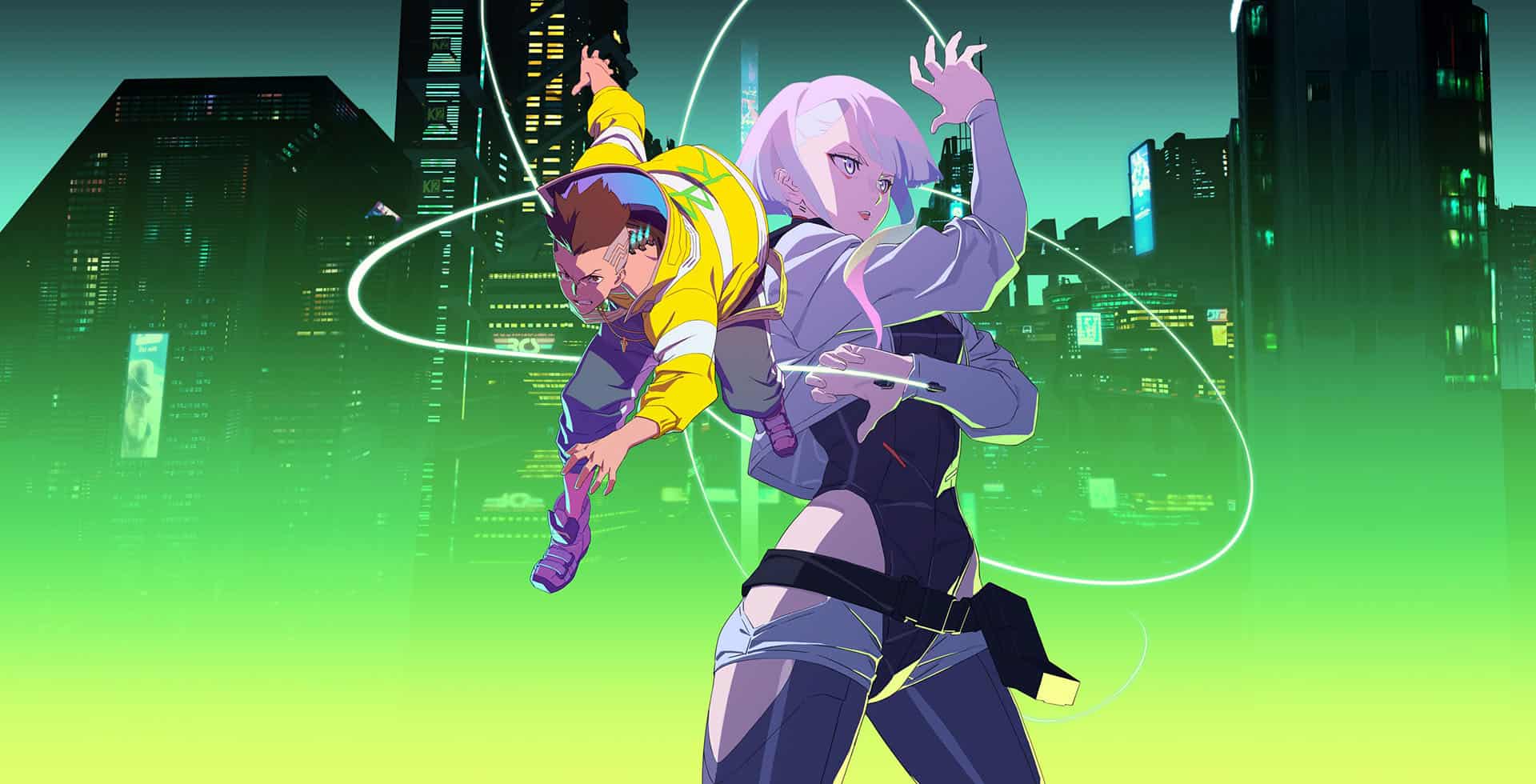Born in Rupatoli, Mohammad Rabby Mridha moved to Dhaka in 2007 and started his storytelling journey in 2015 with a TV commercial for a fashion brand. Thenceforth, he made a lot of TV commercials and music videos. “No Ground Beneath the Feet” is his debut fiction film.
On the occasion of “No Ground Beneath the Feet” screening at Osaka Asian Film Festival, we speak with him about Bangladeshi cinema, forced marriages and the issue with flood the country faces, Mostofa Monwar and Priyam Archi, and other topics.
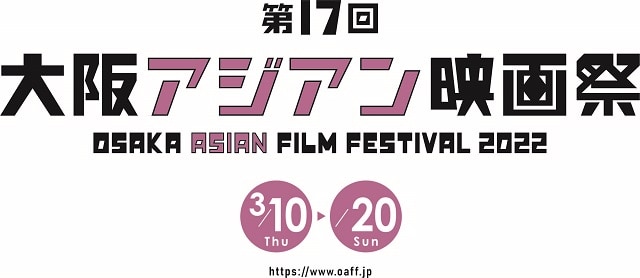
Bangladeshi cinema seems to be experiencing a significant bloom in the last few years. There is you, Abdullah Mohammad Saad, Kamar Ahmad Simon, Amitabh Reza Chowdhury, Rezwan Shahriar Sumit, and Mahde Hasan, all of whom had international success. Why is that do you think?
Abdullah Mohammad Saad, Kamar Ahmad Shimon, Amitabh Reza Chowdhury, Mostafa Sarwar Farooqi, Abu Shahed Emon, Rezwan Shahriar Sumit are very knowledgeable and talented people. Their thoughts are very deep and that is why they come up with good stories and characters. They have contributed a lot in bringing Bangladeshi films to the door of success internationally.
What was the inspiration behind “No Ground Beneath the Feet”, and how close to the reality of the country is the story? Why did you decide to make the protagonist an ambulance driver?
There is no ground under my feet. When I sit down to write a story, the first thing that comes to my mind is whose story I want to tell. In this case, I wanted to tell the story of a man who could be part of many stories around him. So I chose a character who is an ambulance driver. In fact, at any given moment, he is a victim of various strange situations. An ambulance driver constantly tries to survive in the midst of a large crowd. I think ambulance drivers are great human beings.
How frequent is this forced marriage concept in Bangladesh? How dire is the situation with the areas that are flooded? Are they really people who live in houses where the water is constantly up to their knees?
Forced marriages are still very common in our country. This is what people in many places use as their tool.
The riverine areas were announced to be in extreme danger due to the possibility of flooding. At the moment, there are various crises the people in those areas face, such as the lack of drinking water, habitat, and water borne diseases.
How would you describe Saiful as a character? Do you like him, in the sense that you would like him to be your friend?
Saiful is an innocent man. And this innocent man kills himself. Honestly, if I could, I would be Saiful's friend.
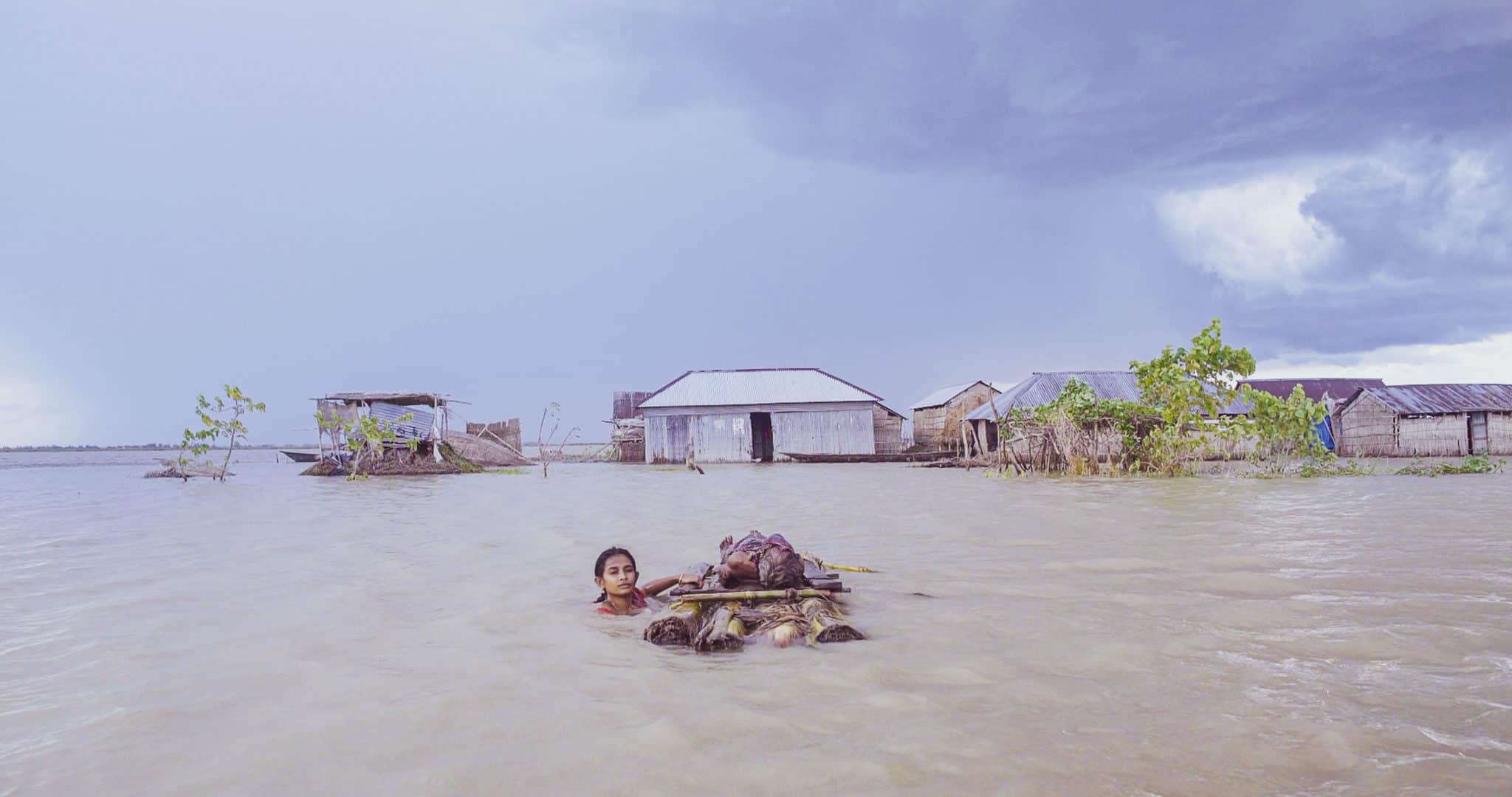
How was your cooperation with Mostofa Monwar and how with Priyam Archi? Did she ever complain about having to act in water the whole time? How difficult was the fighting scene to shoot? In general, what was the casting process for the film like?
Mostafa Monwar is a great actor and I enjoyed working with him. I learned a lot from him while working. Actually, I picked Priyam Archie for the role because she knew how to swim, and it was very important for her character to know how to swim. She sacrificed a lot for this character, and due to her incredibly hard work, we were able to finish the shooting.
The fighting scene was very difficult to shoot, because the particular location was very dangerous.
Manirul Islam and Abu Raihan's cinematography is on a very high level. Can you give us some details about your cooperation with them, and your general purpose on the visual aspect of the movie?
I did the framing and the lensing of the story myself, because I had decides on these aspect since I wrote the story and in general, I prefer doing my own framing. Manirul Islam and Abu Raihan are, undoubtedly very good cinematographers. They work with me all the time. I find great relief in working with them. I dream a lot about them.
Can you tell us a bit more about the locations the film was shot?
I shot the movie mainly outside of Dhaka, in a location I had to travel for about 10 hours to reach. It is located near a river; when the gates of the river Teesta were opened, the area was flooded.
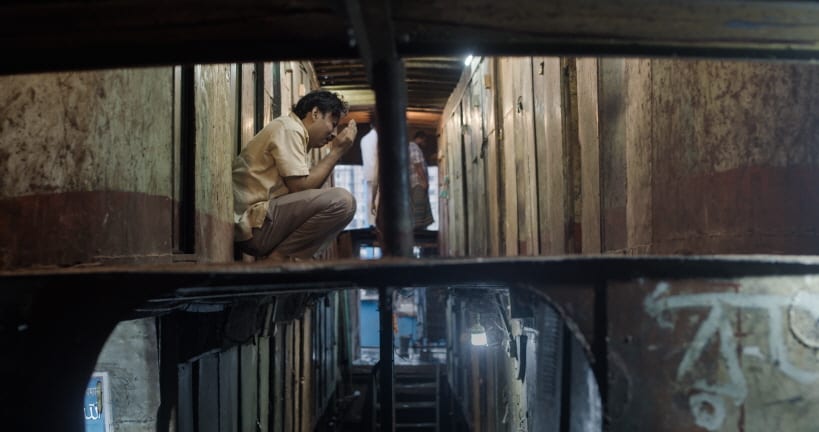
What is your opinion of Bangladeshi cinema at the moment?
Now is a good time for Bangladeshi cinema.
Are you working on anything new?
I'm nearing the end of my second movie's post-production work. Hopefully it will be released this year. The title is “An Apple Tree Inside The head”.


